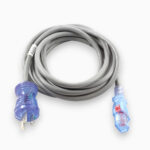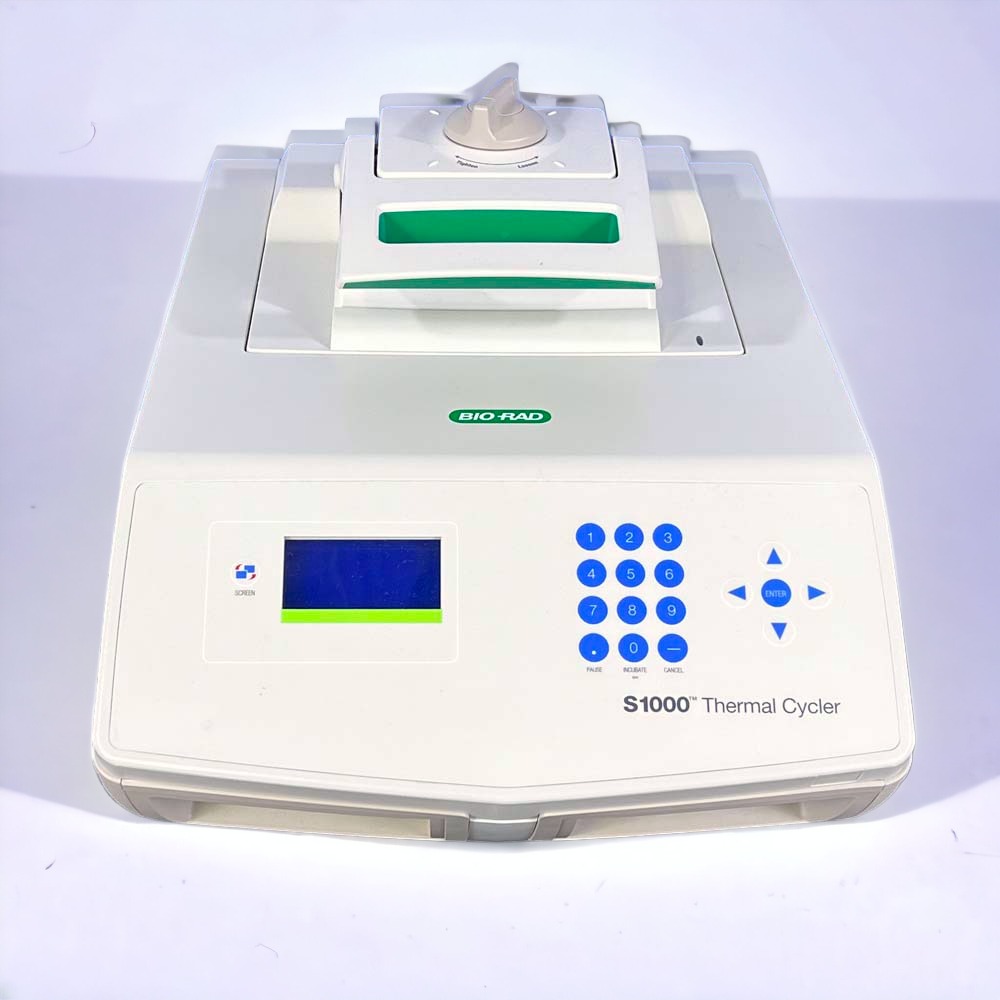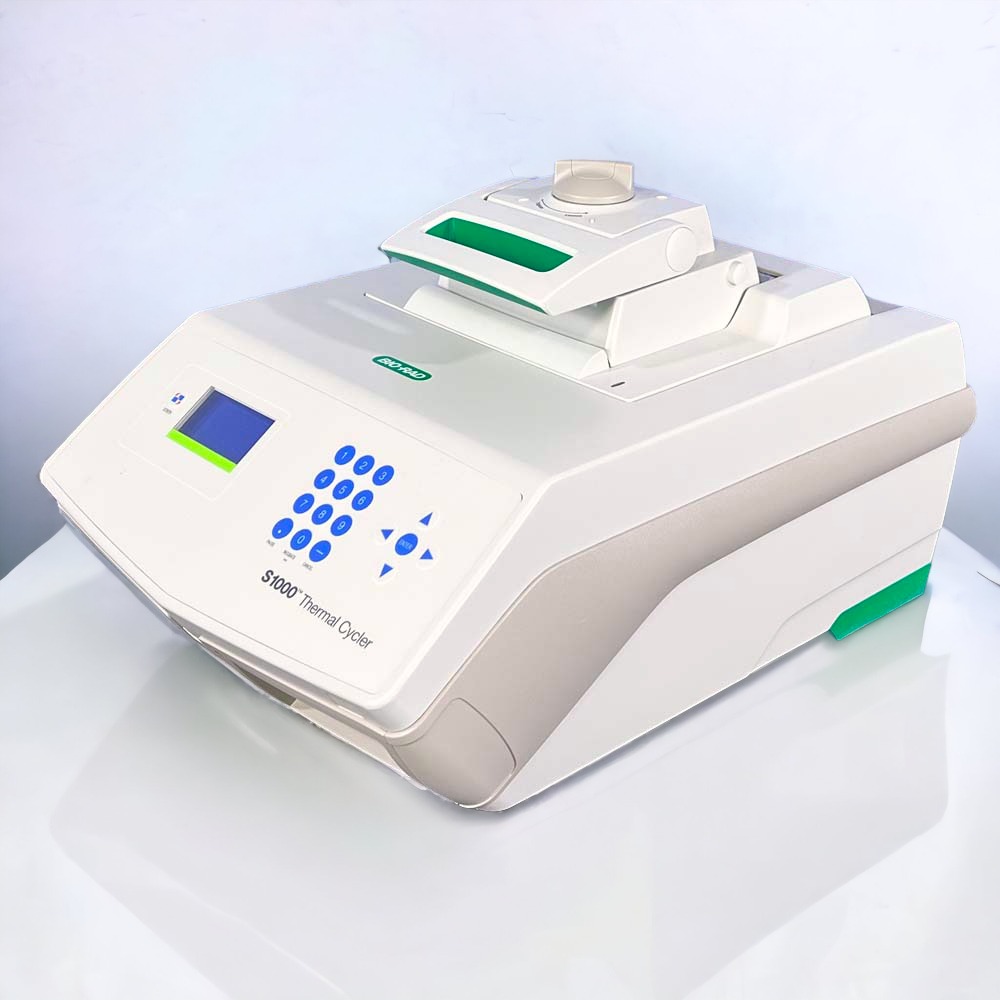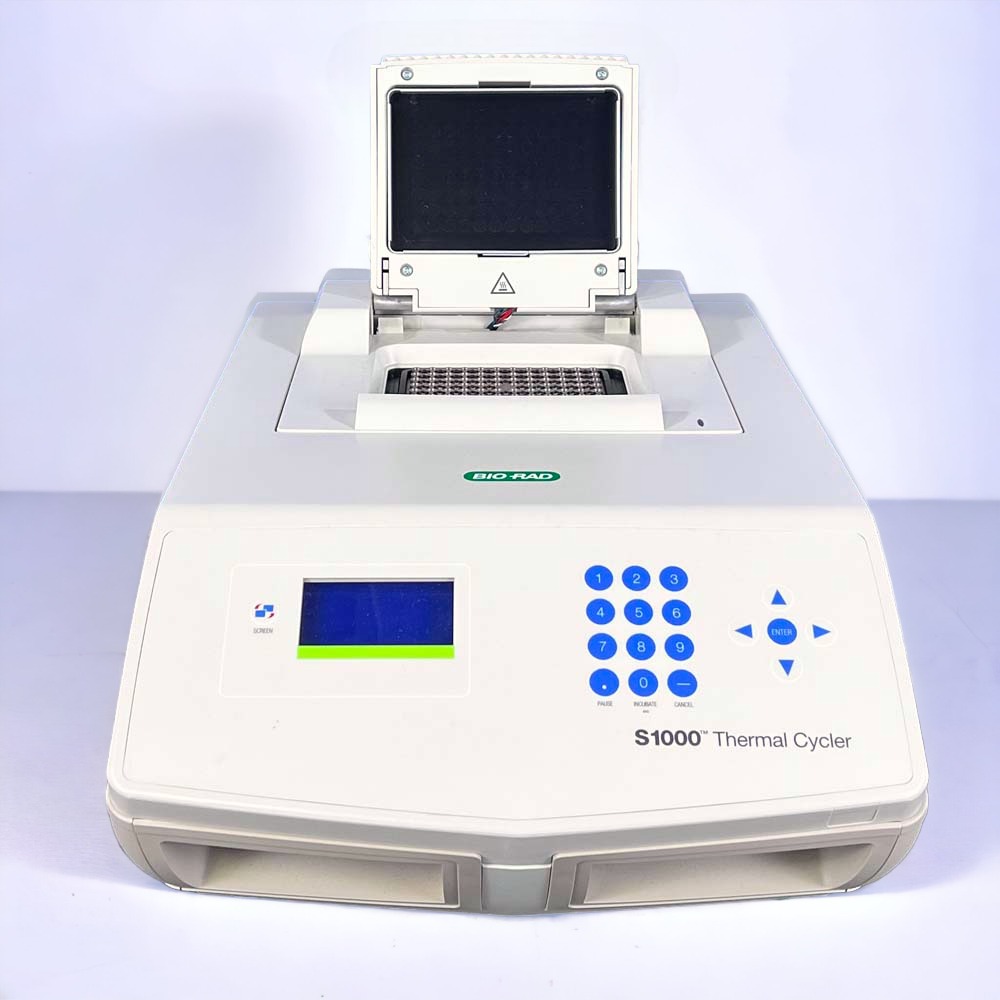Description

Its Purpose:
The purpose of the Bio-Rad S1000 Gradient Thermal Cycler is to precisely control the temperature of samples as they undergo multiple cycles of heating and cooling. This allows the PCR process to be carried out efficiently and accurately, resulting in the amplification of specific DNA fragments for further analysis.
Acme’s Summary:
The Bio-Rad S1000 Gradient Thermal Cycler is a laboratory instrument used for a variety of molecular biology applications, particularly for DNA amplification through the polymerase chain reaction (PCR) technique.The gradient feature of the Bio-Rad S1000 allows for the optimization of PCR conditions by testing a range of annealing temperatures in a single run. This enables researchers to quickly identify the optimal annealing temperature for a given primer pair, which can save time and resources in the PCR optimization process.
Top 3 Competitors
- Tuttnauer – Tuttnauer offers a range of autoclaves, including benchtop and floor models, with features such as programmable cycles and automatic shut-off.
- SciCan – SciCan offers a variety of autoclaves with features such as automatic sterilization and drying cycles, and user-friendly displays.
- Matachana – Matachana offers a range of autoclaves, including benchtop and floor models, with features such as programmable cycles, automatic shut-off, and user-friendly interfaces.
5 Best Things:
- Precise temperature control: The instrument has a precise temperature control system that enables accurate heating and cooling of samples, allowing for consistent and reproducible results.
- Gradient feature: The gradient feature allows for the optimization of PCR conditions, by testing a range of annealing temperatures in a single run.
- User-friendly interface: The instrument is equipped with a user-friendly interface, making it easy for researchers to program and run PCR protocols.
- Flexible sample capacity: The Bio-Rad S1000 Gradient Thermal Cycler can accommodate a range of sample volumes, from small individual tubes to multiwell plates, allowing researchers to process a large number of samples in a single run.
- Versatility: The instrument is capable of performing a range of PCR techniques, including standard PCR, gradient PCR, and touchdown PCR, making it a versatile tool for a variety of molecular biology applications.
 (4)
(4)









